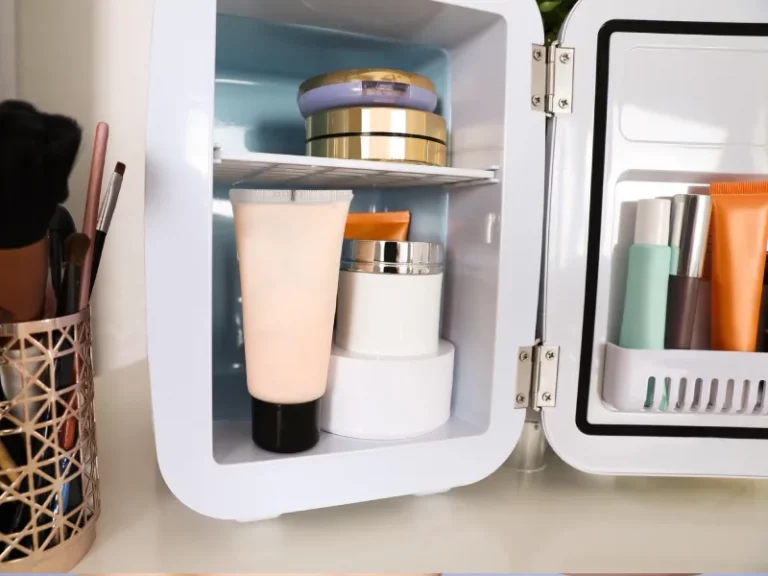Table of Contents
Most people keep their skincare somewhere on their bathroom shelves. But in Korea, for instance, people have been refrigerating skincare products for years.
More recently, this trend has spread all over the world, with people showing their skincare mini fridges on TikTok and brands releasing products specifically designed to be refrigerated. But why?
In this article, we will answer these questions “What skincare products should be refrigerated?“, “what is a skincare fridge?” and why you need to refrigerate your skincare.
What is a skincare fridge?
A skincare fridge is a small refrigerator designed specifically for storing skincare and beauty products.
It helps extend the shelf life of certain products, especially those with active ingredients, by keeping them at a cool temperature.
Why should you refrigerate skincare?
First of all, most dermatologists seem to agree that you don’t need to keep your products in the fridge, but it might have some advantages.
Although most formulas are studied and tested to be stable and effective, keeping them cold may increase the shelf life of some products.
With more and more brands producing skincare based on natural ingredients, with fewer preservatives, fluctuating temperatures in your bathroom when you shower, for example, might not be a good idea.
So, cold temperatures will help preserve some products for longer.
A consistent cold temperature can also help some active ingredients in your skincare products last longer and remain effective.
And even inhibit the growth of fungus and bacteria in your products. Yes, that’s a real thing!
It is also known that heat expands and cold constricts, meaning cold temperatures help to depuff the skin, especially around the eye area.
Cold also reduces inflammation, so if your skin is prone to redness or inflamed acne, cold products will instantly soothe and calm your skin.
Last but not least, applying something cold to your face sometimes just feels better and provides an extra dose of refreshment. Some ingredients might penetrate better in the skin when cold.
But not all products benefit from low temperatures, so check out which products you should refrigerate.
What skincare products should be refrigerated?
As a general rule, if the product is gel-textured or water-based, it can benefit from refrigeration.
So, you can usually stock your fridge with sheet masks, eye gels, face mists, gel moisturizers, and some serums.
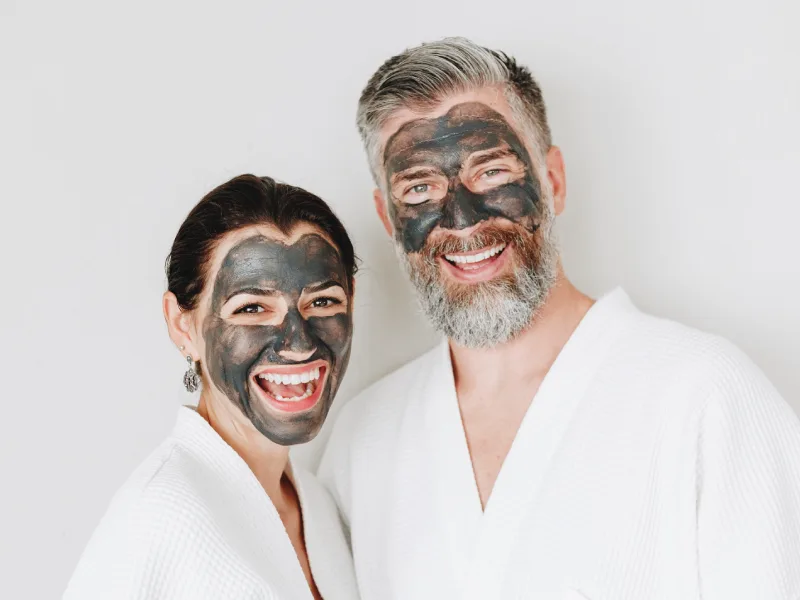
Sheet masks
One of the skincare products that should be refrigerated is sheet masks.
Whether it’s a hot day or a self-care night, sheet masks are already super fresh. But try refrigerating them, and you will amplify their soothing, calming, and refreshing properties, making them more pleasurable and efficient.
Sheet masks can also dry out if not stored correctly. So storing them in the refrigerator will keep them moist and fresh.
Eye creams
Have you ever wondered if eye creams are a skincare product that should be refrigerated? Yes, they are!
Eye creams are a popular choice for skincare mini fridges! The low temperatures help to de-puff and decongest the eye contour area, reducing the appearance of dark circles.
It also feels great to massage the eye area with a cold applicator and it will help to revitalize the skin and wake up.
Any type of eye mask and patches can also be included.
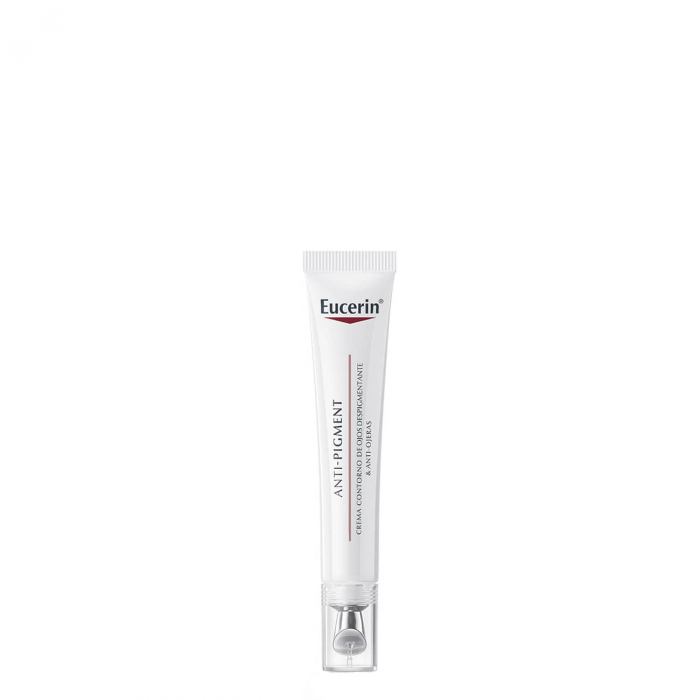
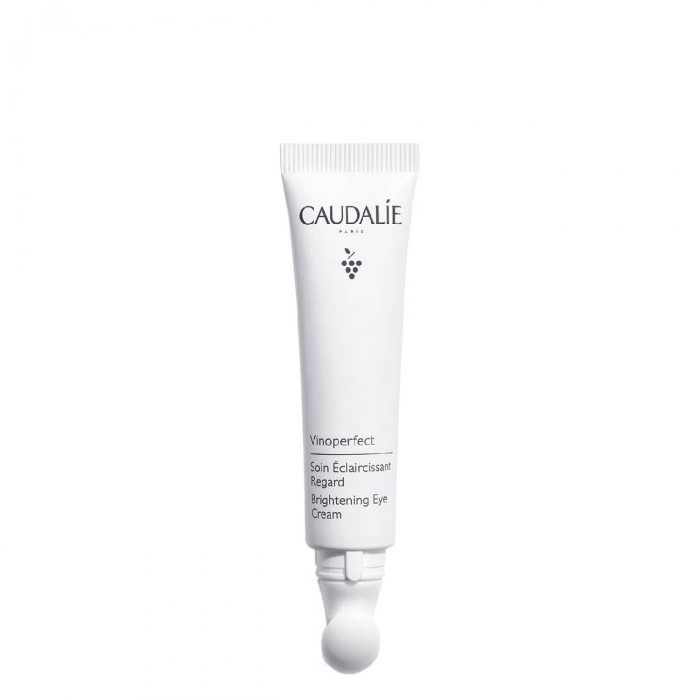
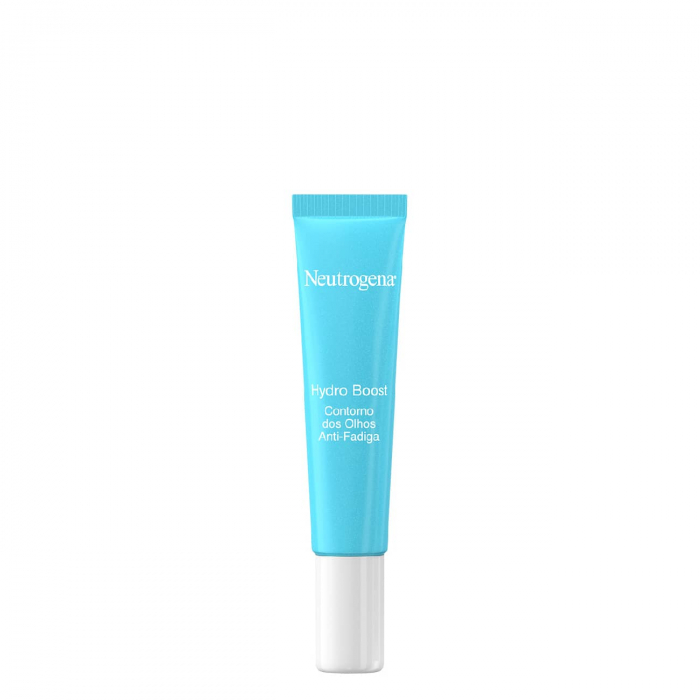
Nail polishes
If you like to paint your nails, you know that nail polish can get goopy and hard to use over time.
However, the low temperatures are thought to help stabilize the solvents in the formula and keep the polish smooth and silky for longer.
Curiosity: Did you know that nail polishes are one of the best gifts for makeup lovers?
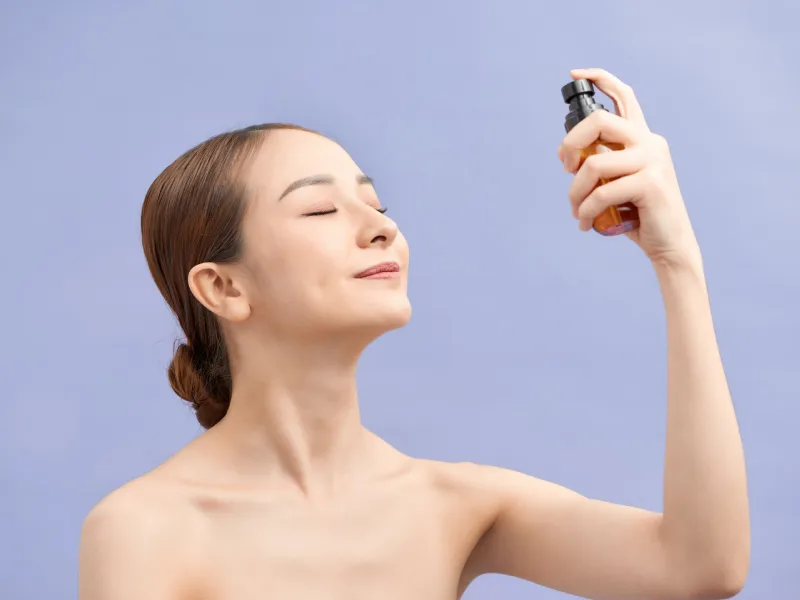
Face mists
Face mists are another good skincare product that should be refrigerated.
Face mists are a practical way to hydrate and refresh the skin, especially during the summer. But a cold mist can be even more soothing and fresh, great for sensitive or inflamed skin.
Try it with thermal water too! You can apply it not only to the face but also to the whole body, including sensitive areas, wounds, allergies, or eczema, providing quick relief from irritation and itch.
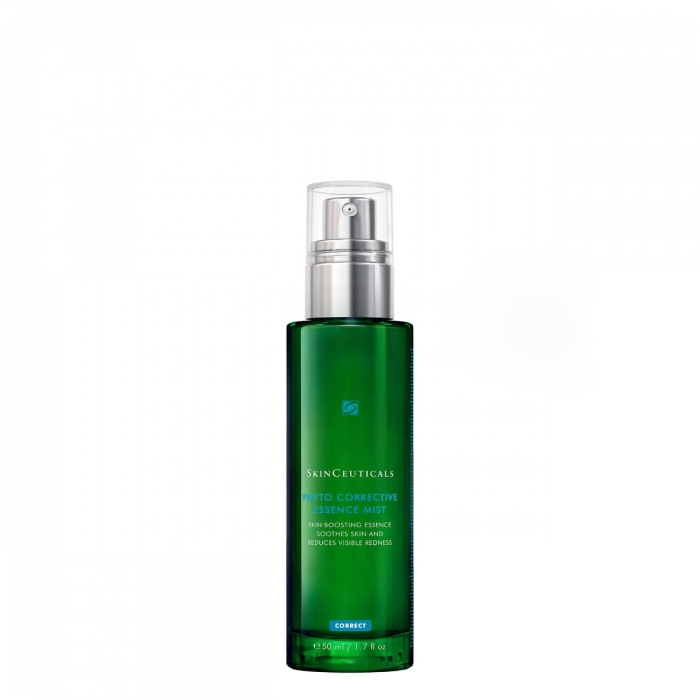
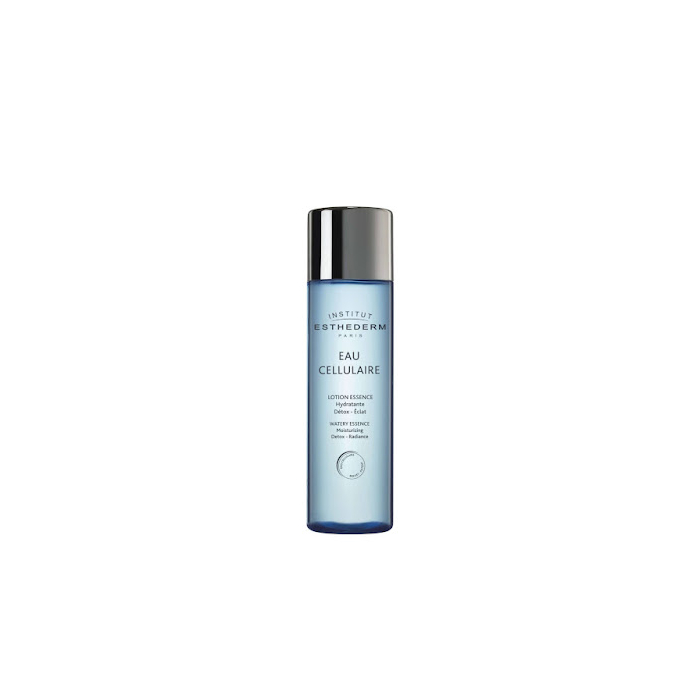
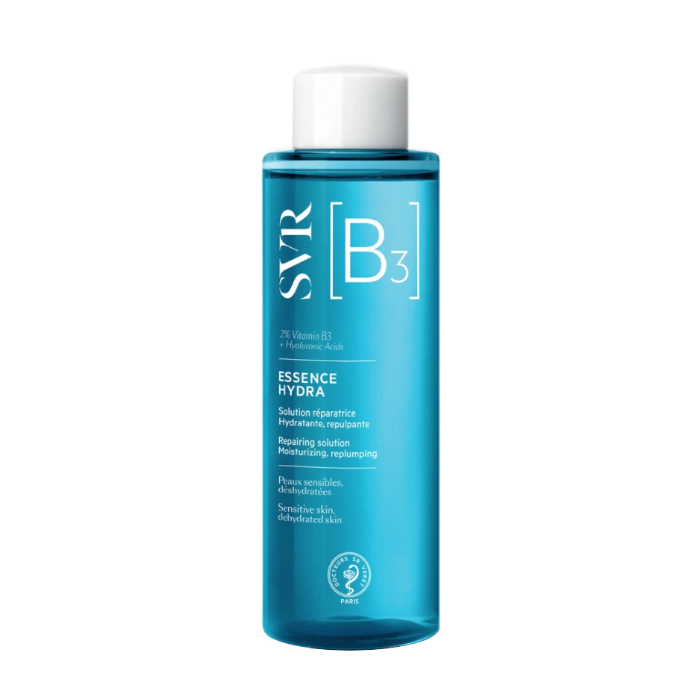
Prebiotic and probiotic skincare
Prebiotics and probiotics are a food source for the good bacteria in your skin. They are responsible for maintaining the microbiome healthy, which can often help heal common skin conditions.
Since they are essentially good bacteria, a cool environment helps them stay alive longer. Keeping all your pre and probiotic creams, serums, and cleansers in the fridge will help to extend the shelf life of those products.
Anything with a high percentage of natural ingredients and free from preservatives will also benefit from low temperatures.
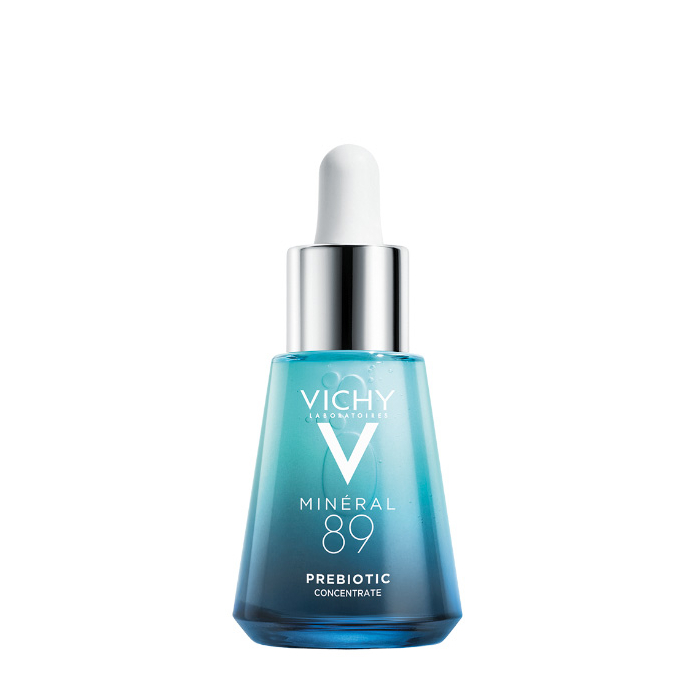
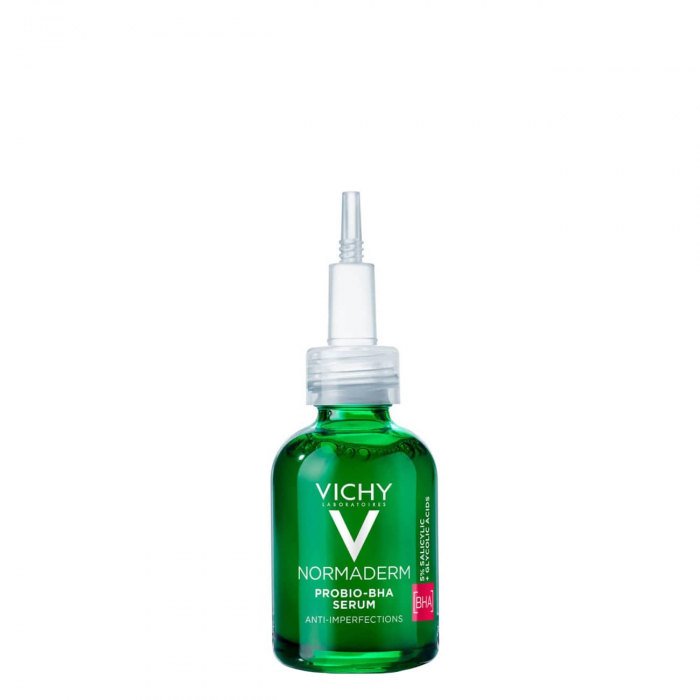

Active ingredients
Some active ingredients, such as vitamin C, retinol, or benzoyl peroxide can benefit from cold temperatures.
Formulas containing these ingredients can be less stable and expire faster after opening, so refrigerating them will help to prevent the actives from breaking down and oxygenating.
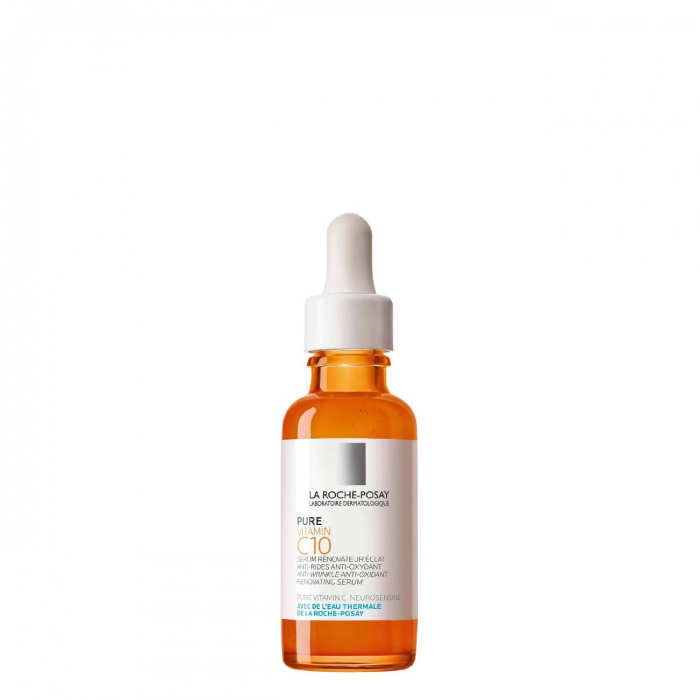
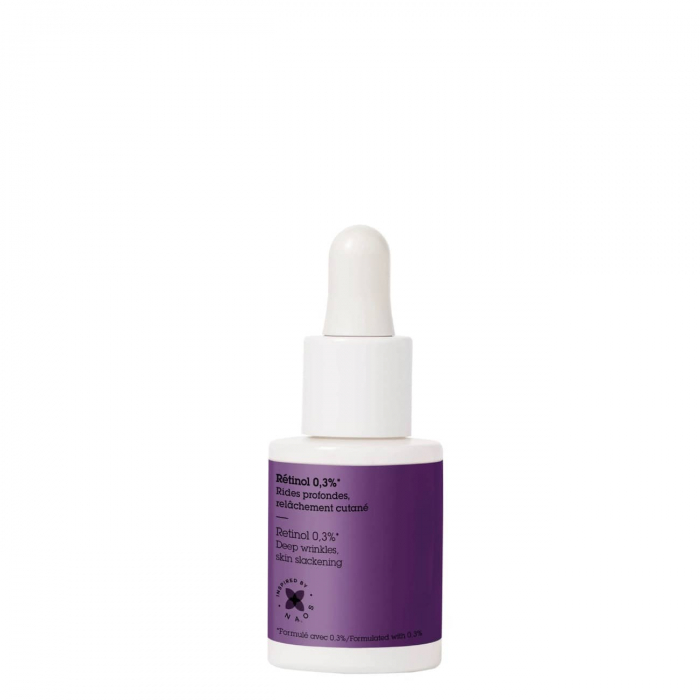
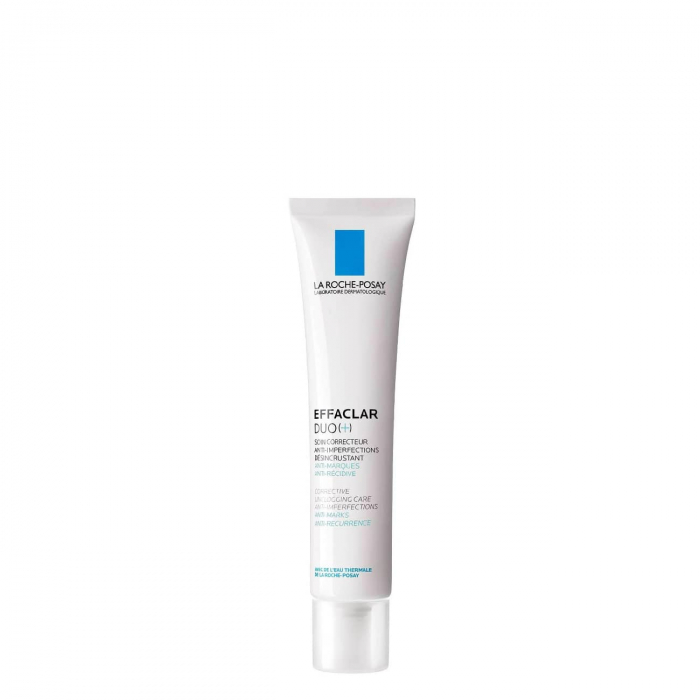
Skincare tools
Besides all these products, you can keep facial tools such as skin rollers or Gua Shas in the fridge. These tools stimulate blood circulation, help to drain toxins, and improve the absorption of serums and creams.
Since they are usually made of jade or quartz, they are naturally cool but keeping them extra cold will help to depuff and brighten the skin.
Summary
We hope you like all these products you can store in your mini fridge. But remember not all beauty products are suitable for refrigeration, and some may even be compromised by it.
If you’re not sure whether a particular product should be stored in the fridge, it’s always best to read the instructions or do some research.
What skincare products should not be refrigerated?
Most products that are oil-based or very creamy should be kept at room temperature. This includes balms, oils, or oil-based products, like serums, cleansing oils, and creamy moisturizers.
Very low or even high temperatures can cause the formula to split or harden, making it difficult or impossible to use.
Most make-up products are also best kept at room temperature or body temperature, to be able to go on the skin smoothly and spread evenly. Otherwise, they may not spread as well.
Clay masks or anything clay-based should also be far from the fridge. Not only will they harden if they get too cold, but they can also change color and consistency, making them unusable.
Fragrances should also never be stored in the fridge, since they can go bad, although they will last a long time when stored properly.
All these products are best kept at room temperature, preferably in a cabinet in the bathroom, and not exposed to direct sunlight.
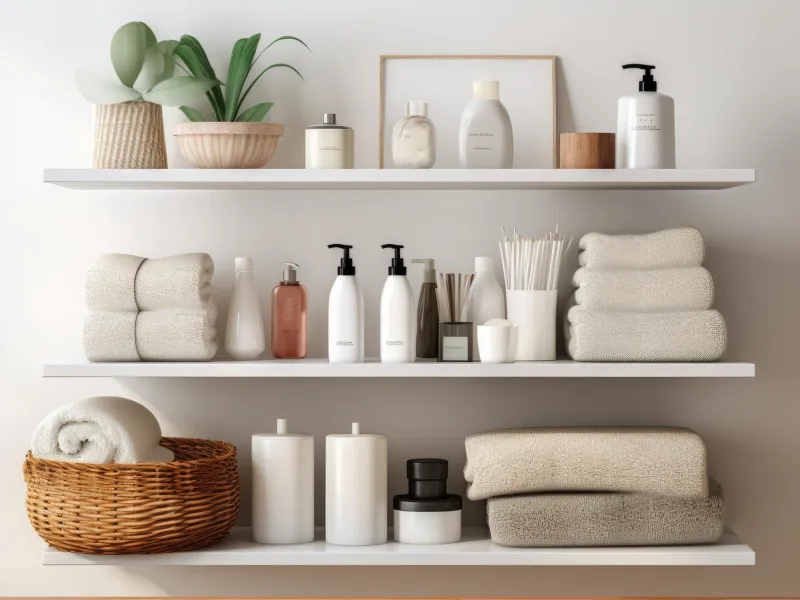
How to store your products?
Now that you know which products can and can’t be refrigerated, you are probably wondering if you should just start putting your skincare in your regular kitchen fridge, next to the milk and eggs.
Although some products can be stored in any fridge, like facial tools, thermal water, or your average aloe vera aftersun gel, your regular fridge might be too cold for some products.
The fridge that stores your food is typically about 35 to 38 degrees Fahrenheit (approximately 1.6 – 3.3ºC), while skincare fridges are recommended to be set at 40 to 60º F (4.4 – 15.5ºC).
When kept too cold, the products can change their consistency, and sometimes even solidify.
And if you think a skincare fridge is not for you, don’t worry, you can still store all your skincare safely.
Just keep it at room temperature, preferably in a cabinet. Avoid leaving them on window sill, for example, since UV light can make products break down.
You want to avoid leaving them in the car as well since long-term exposure to heat can also cause changes in texture or separation of the ingredients, which will impact the product’s efficacy.
Sunscreens are an exception, most sunscreen formulas are prepared to be kept in your bag or car, so you can always have them on hand.
Conclusion
Now, you know which skincare products should be refrigerated. And, as you can see, the beauty world is buzzing with the trend of skincare fridges, and for good reason.
While not all skincare products benefit from the chill, those with gel textures, water-based formulas, and active ingredients can find a cozy home in these mini coolers.
From the soothing and refreshing properties of refrigerated sheet masks to the de-puffing magic of chilled eye creams, the advantages are clear. Nail polishes stay smooth, face mists offer extra refreshment, and prebiotic/probiotic skincare thrives in a cool environment.
Even potent actives like vitamin C and retinol can extend their shelf life when kept cold, ensuring your skincare investments go the distance. Plus, don’t forget about the added perk of soothing inflammation and depuffing the skin, providing a refreshing dose of self-care.
So, if you’re looking to elevate your skincare routine and make the most of your products, consider joining the skincare fridge trend. Just remember, not all beauty products and formulas are suited for the chill, so check the labels or do a bit of research before giving them the cold treatment.
In the end, whether you opt for a dedicated skincare fridge or follow best practices for room temperature storage, the key is to keep your products in a stable environment, away from extreme temperatures and direct sunlight. Your skin will thank you for it.
